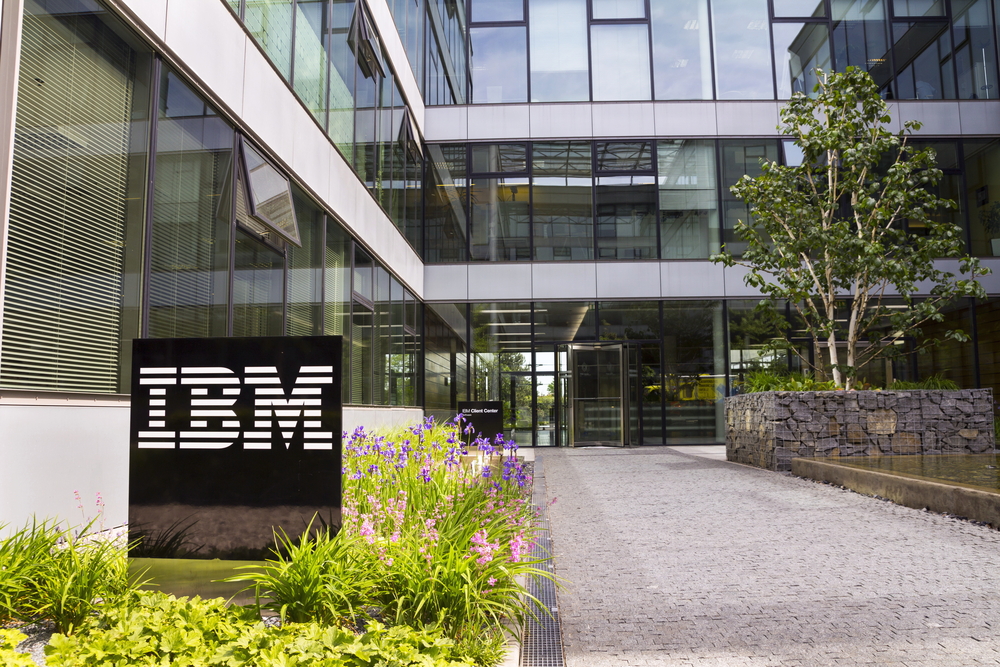2020-7-16 15:48 |
What makes you trust the person who you’ve just bought your gaming PC from? Is it safe for you to go on a ride with this random driver? How can you be sure you’ll receive your money from the vintage sneakers you sold yesterday? Does the apartment you’ve finally booked for your coming holidays – unfortunately not in the Caribbean this year – really exist? The answers are obviously “Yes”. Why? Because the PC vendor had at least 30 recommendations on its profile and the driver has an average of 4.8 out of 5 stars; the platform you used to sell your shoes had very good reviews on TrustPilot regarding its transaction security; and your future host had about 50 positive comments. Above all, you know and trust Ebay, Ridesharing, Uber, Airbnb as safe and commonly used peer to peer platforms. But do they really deserve your trust?
The predominant rating system: what’s wrong with it?Star ranking and reviews are everywhere, from films and restaurants to products and humans. These systems seem to embody what we could call the community-based and peer-to-peer Internet. Giving a voice to people and enabling mutual trust. It’s even helping people to manage the overwhelming amount of choice.
However, for a few years now there’s more and more criticism regarding the rating systems. The strongest recurring comments are about the over-representation of the most extreme review and “grade” inflation in some marketplaces, so that rating fails to provide the truth about quality. Both making it hard for users to differentiate good suppliers or products from great ones.
Many solutions are displayed to solve these imperfections, such as increasing incentives for providing truthful feedback or simply switching from a 5-star to a thumbs ups and thumbs downs A/B system as Netflix did in 2017. But these « solutions » seem to be more like fixing the roof by covering the holes, rather than replacing the whole roof. With this, we mean that they are attempts to make our digital economy more trustworthy without questioning the crux of the issue: the « trusted intermediaries » system and its impact on the Internet.
Relying on intermediaries means losing control« If the lifeblood of the digital economy is data, its heart is digital trust—the level of confidence in people, processes, and technology to build a secure digital world« . This definition from PwC sums up the issues and challenges of building trust in the digital sphere. To boost global commerce, facilitate digital interactions and enable further collaboration, we came to rely on trusted digital third parties to be « the brokers of the trust relationship« . This requires these intermediary platforms to provide data security and integrity, so that they can be considered as trustworthy enough to inform, buy, discuss… While being among the major pillars of the Internet’s success, these trusted parties have also created new contemporary challenges and discontents. Such issues that can be presented in one word: centralization.
Internet centralization refers to the fact that Internet control is in the hands of a small number of dominant players. This is why Google and Facebook together accounted for a 99% of revenue growth from digital advertising in the US in 2016. Besides, while the 2000s have seen the emergence of Facebook and Twitter, and the 2010s the one of Uber and Airbnb, no new big player has been able to challenge the current tech leaders since then. This also means they concentrate a huge amount of data, therefore power. With the rise of the Internet’s economy, « the trusted intermediaries have become giant honeypots of private information », which could lead to power abuse, manipulation or hacks. From Facebook’s Cambridge Analytica scandal to the 2018 Google+ data leak, the more data intermediaries gather, the more powerful they become and the more attractive to hackers they beocome.
According to studies and reports, fake purchased reviews are flooding the sites of online retailers. In 2019, a Federal Trade Commission lawsuit against a company « that is accused of paying for fake Amazon reviews« , which shows that even the U.S. government is taking notice of this increasingly pressing issue. Another show of it is the Consumer Review Fairness Act, created in 2017 in an attempt to protect users’ ability to share their view on the Internet about products and services they received. In addition, final rating scores are closely linked to the algorithm’s calculation method.
In that context, the review and star rating systems appear as a democratic drop in a centralized ocean controlled by giants. Delegating trust to third parties thus means a loss of individual control and ownership over one’s data and actions. In the same way it happens when you entrust a third party to secure your crypto assets. The main question now is: is there an alternative able to combine Internet decentralisation with trust?
Tokens are the rising starsThe Internet allows for decentralization of information. Intended as a free space by its first creators, the Internet was primarily an exchange project based on information decentralization, sharing and accessibility. However, it does not allow decentralized sharing of value. If you want to share a file or a song with a friend, via WeTransfer or email for example, you actually create a copy of this file, and keep the original on your computer. However, by simply copying it, you aren’t creating value: if you send one dollar to a friend while keeping that same dollar, the dollar loses its value. As designed, the Internet is not economically viable as it prevents you from sending peer-to-peer value. This is where the Internet trusted intermediaries work as central authorities to certify and allow digital value transfer.
This is precisely the problem that the blockchain solves: it allows decentralized value sharing. It therefore has the power to put an end to this centralization of the web. Simply put, blockchain technology is a huge decentralized data storage with a public ledger of transactions. It allows and records any kind of transactions of value – whether it is money, loyalty points, voting ballot, train tickets, shares etc. By doing so, it ensures complete transparency as well as providing immutability, security and anonymity of the transaction process and parties. When it comes to money, this decentralized exchange of value is made through cryptocurrencies such as Bitcoin. Yet the exchange can consist of a token representing a different entity than money as well.
Sharing decentralized value through tokensA token is « a unit of value issued by an organisation« , accepted by a community and supported by a blockchain. It works as a digital asset that can be transferred – and not copied – to another Internet user, instantly and without the need of a central intermediary or authority. They differ from cryptocurrencies as they are built on top of an existing blockchain, while a crypto asset operates independently and uses its own platform. For instance, Bitcoin is an independent cryptocurrency, while the Basic Attention Token (BAT) – aimed at revolutionizing digital advertising and improving its efficiency – is an Ethereum-based token. Tokens have different classification and uses depending on the properties assigned to them by their creators. They can represent a right to use a blockchain product or service, a voting right, a copyright, a means of payment, a reputation… In the case of a peer-to-peer platform powered by blockchain technology with a dedicated token, the platform’s creator is no longer the absolute master since the whole system is decentralized. Unlike web giants, they do not control or own any user data. Instead, the power lies in the hand of the community.
The Israeli startup La`Zooz for example leverages blockchain technology to reinvent ride sharing only focused on rewarding the community and contributors – drivers, users, developers or backers – not the platform. The startup’s blockchain aims to empower the community and peer-to-peer collaboration as « the community collectively decides about the reward in zooz for each contribution via sophisticated protocols. The ‘weight’ of each member’s input is dynamically set by the community« . Following the same purpose, the Bee Token is developing a blockchain-based version of Airbnb, with no middlemen.
For the last few years, we have seen a gradual change of paradigm in the security, financial and privacy fields. These changes have all one essential thing in common: decentralization. Now it’s time to ask ourselves: when will it be the time for a decentralized Internet? At Ledger, we know that trust requires proof. Without it, it’s just faith. That’s why we strongly believe in the technological prowess that blockchain offers, bringing full, verifiable transparency. We’re deeply convinced that you can have more power than you think and are dedicated to provide you with all the means necessary to take back control.
origin »Bitcoin price in Telegram @btc_price_every_hour
Know Your Developer (KYD) на Currencies.ru
|
|
















